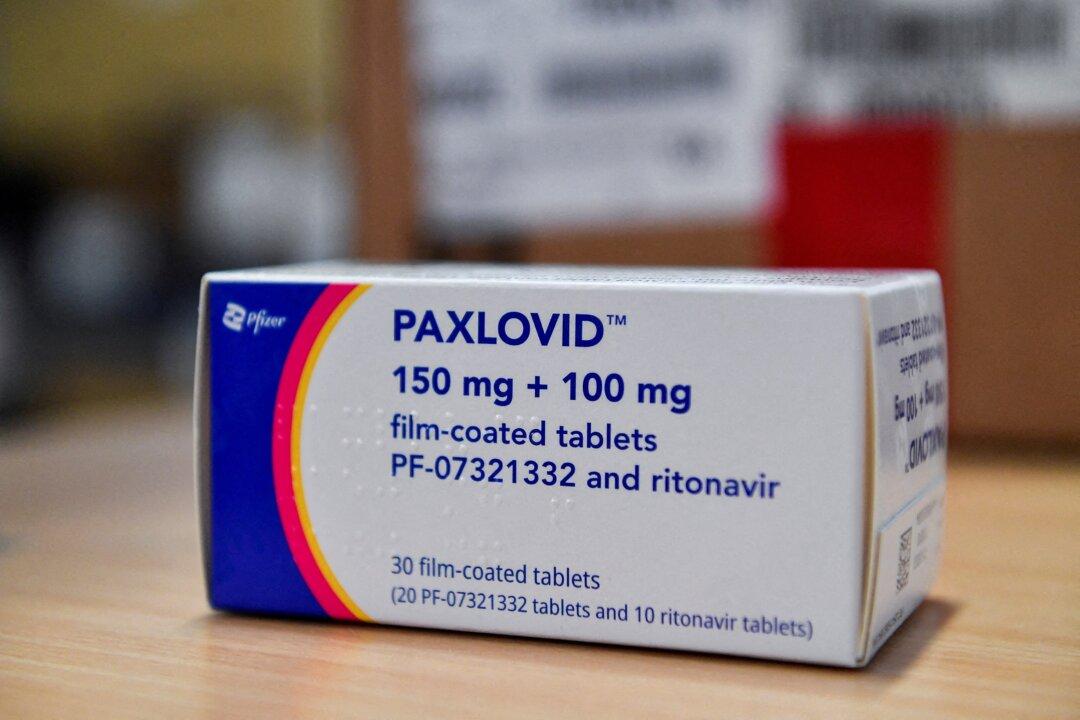Pfizer plans to charge almost $1,400 for its COVID-19 antiviral drug Paxlovid, which comes at a time when the company is expecting lower sales of its COVID-19 products.
The five-day course of Paxlovid will be priced at $1,390 when it transitions to the commercial market, a Pfizer spokesperson told CNBC on Oct. 18. This is more than 2 1/2 times higher than the $529 price that the U.S. federal government paid for the drug. Since December 2021, the government has purchased Paxlovid and distributed it for free to the public. However, beginning next year, Pfizer will sell the drug directly to health insurers.





